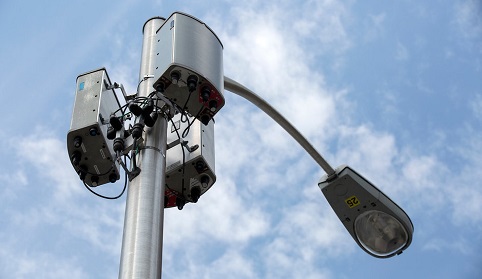Eliminating council oversight of new mobile phone base stations would represent an unacceptable erosion of environmental and public safety standards, the Australian Local Government Association (ALGA) warned this week.
In a submission responding to proposals outlined in a consultation paper published last month on “Improving the telecommunications powers and immunities framework”, ALGA said carriers generally sought to deploy modern mobile phone infrastructure as quickly as possible.
However, their desire to lower costs and reduce timeframes needed to be balanced against planning laws designed to protect public safety, limit impacts on the environment, and ensure adequate community consultation.
The submission drew particular attention to a proposal to include slim poles or smart poles under the Low Impact Facilities Determination (LIFD) which gives carriers the power to access land and buildings and install what are considered to be low-impact facilities without having to seek local government approval.
“Slim poles or smart poles are a substantial piece of infrastructure,” the submission notes, “and issues of visual amenity, siting, heritage concerns, safety considerations, structural integrity and potential visual interference to traffic are important reasons that this infrastructure should not be considered low-impact and should be determined by the planning process.
“The suggestion that these structures should be considered a low-impact facility raises serious concerns for local government and ALGA would strongly object to any such infrastructure being installed without council approval.
“Councils have expressed the additional concern that over and above issues of poor engineering or poor installation, they struggle with unacceptable contract terms and installation which occurs in a way that the councils do not want (even if good quality), but which cannot be stopped under the Telecommunications Act because it is designated a low-impact facility.”
ALGA’s submission also listed similar concerns from state local government associations about the LIFD changes.
“ALGA and the State and Territory Local Government Associations believe that many of the proposed changes reduce or eliminate oversight, have the potential for adverse consequences – in terms of structural integrity, safety, urban design and interference with other infrastructure.
“It should not be assumed that community expectations are for more, larger infrastructure to increase their broadband speeds, at the expense of visual and community amenity,” the submission said.
“Local government would strongly recommend that evidence to show there will be significant benefit from extending tower heights and dishes needs to be provided to justify the assumption that this is the case, prior to making any changes to the LIFD.
“Allowing carriers autonomy to install ‘better facilities, where safe to do so’, as low-impact facilities, is likely to lead to increased safety issues.
“Without an independent assessment of ‘where it is safe to do so’, there is no guarantee that safety will be ensured.
“This is the role of local government under the Telecommunications Act and extending the definitions of LIFD undermines [its] legislated role … to review telecommunications infrastructure.”



